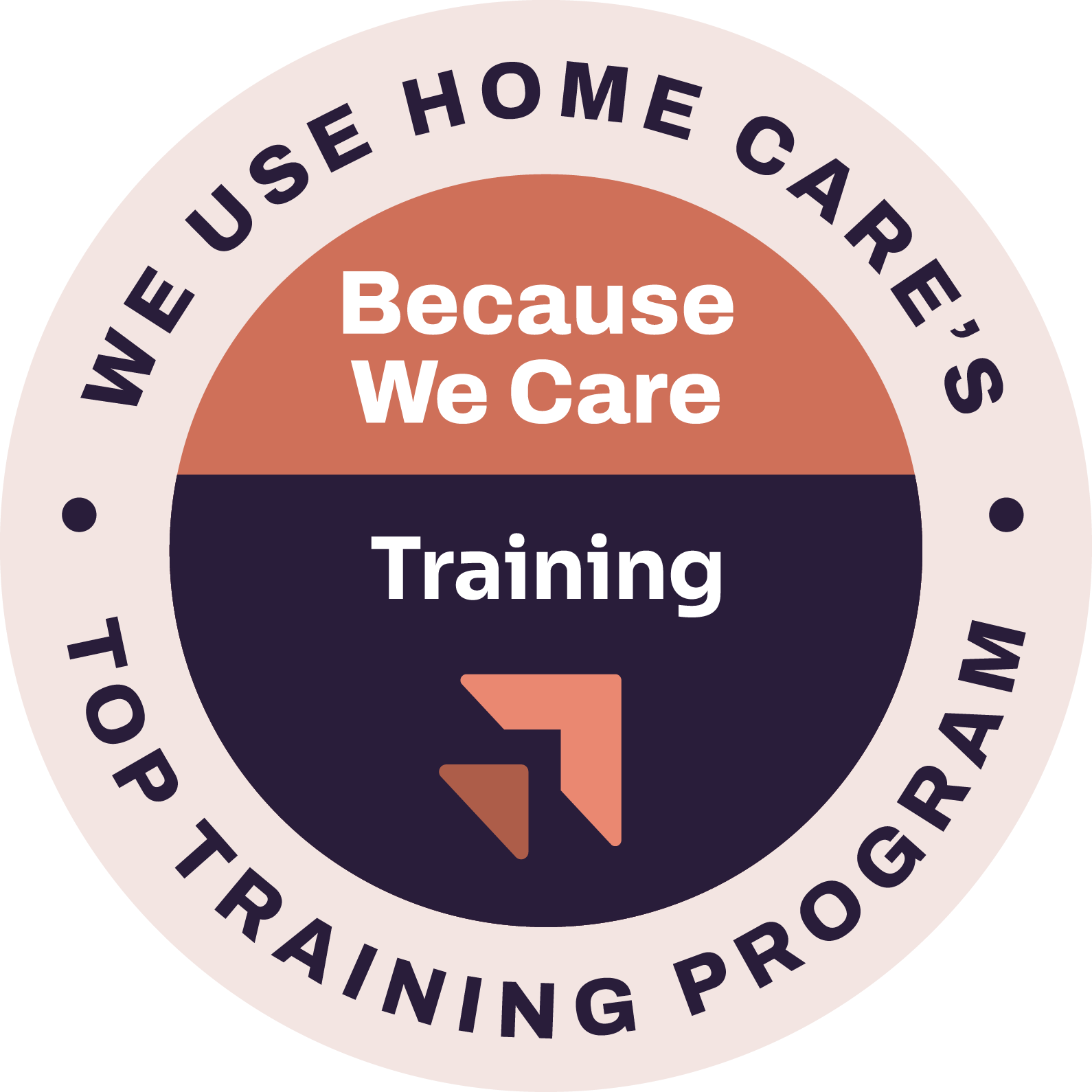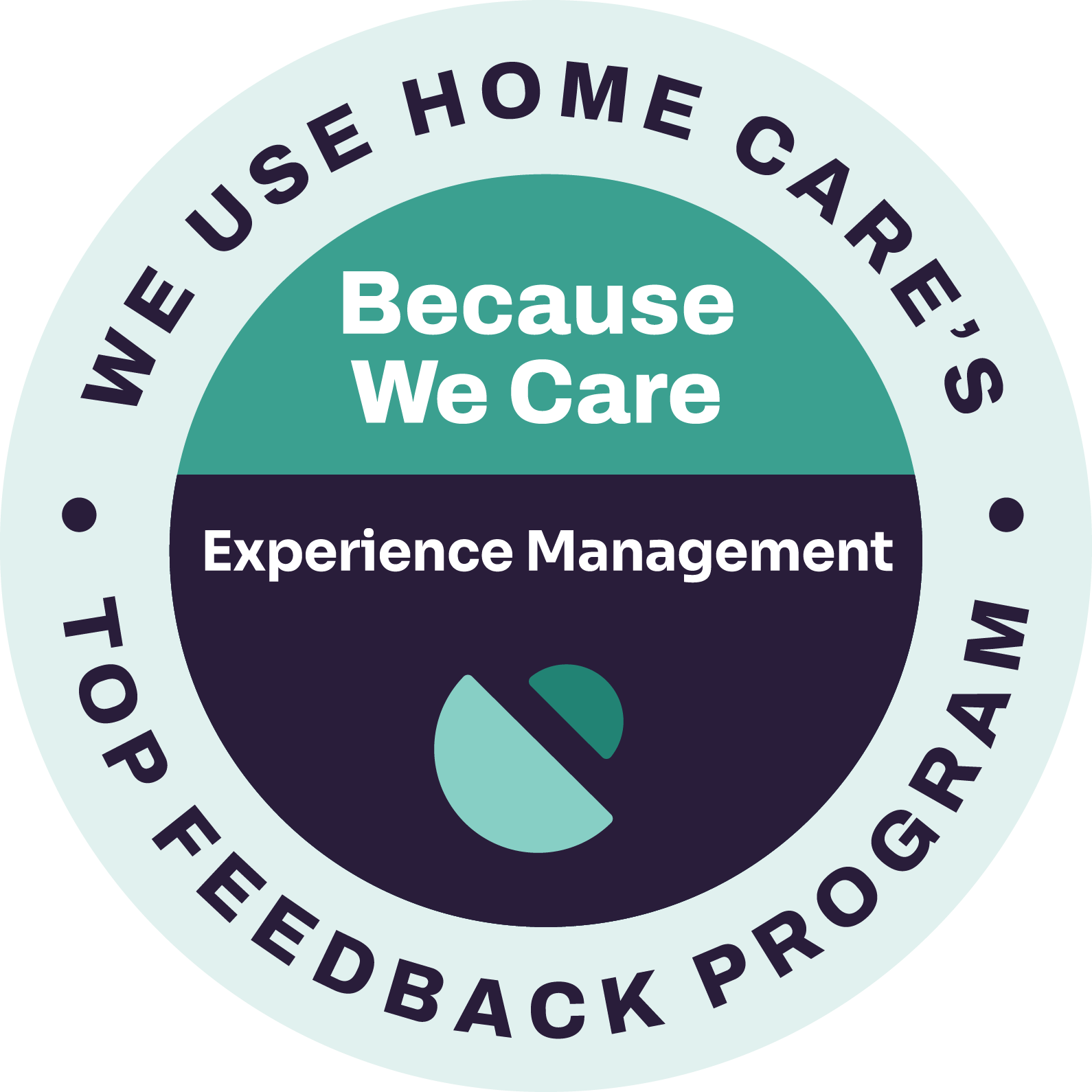Making the decision to move an aging loved one from their home, or bringing in someone to help with daily caregiving and companionship can be one of the most difficult decisions that you have to make. A majority of adult children have promised themselves and other family members that they will be able to manage their own busy lives as well as caring for mom and dad. The inability to fulfill this promise because of the unpredictable circumstances of life often leads to burnout caring for an aging parent, with the accompanying feelings of exhaustion and guilt.
Many people are trying to balance too much.
Sixty-one percent of family caregivers work either full or part time, trying to balance job responsibilities with caregiving. Even though the average caregiver provides care for 18 hours per week, one in five provides “constant care” or at least the equivalent of 40 hours per week caring for an aging loved one. On average, about 70% of caregivers are women.
Burnout caring for an aging parent is a very real problem.
It’s not easy to avoid burnout when caring for an aging parent.
Many people are finding that they simply cannot do it all. Being asked to reduce your work hours or quit a job during the key wage-earning years of your life can lead to increased anxiety and stress. Family Caregivers tend to neglect their own feelings of depression, sleeplessness, and overall failing health conditions. Neglecting your own health while caring for an aging parent or loved one can have drastic consequences when fatigue sets in and physical and mental alertness suffers.
Remember that there is wisdom and rest in professional support.
Hiring an in-home Caregiver can end up being the most mentally and physically rewarding thing that you do for yourself and your loved one. Take the time to reboot your system and allow the in-home Caregiver an opportunity to get to know you and your loved one. Work with a local company that knows the area and understands what it takes to provide loving care within the safe and familiar confines of one’s own home. Reach out to a company that allows you to spend as much time as you would like in the beginning feeling comfortable with the transition. As you begin to establish a trusting relationship, you will want to gradually move away from the day-to-day caregiving responsibilities.
Imagine getting a full night’s rest and waking up in the morning, feeling rejuvenated and excited to hear the news of how Mom and Dad are doing in the care of your new family friend! Or energetically awaiting your next visit as you stop by the flower shop to pick up Mom’s favorite yellow roses. You’ll have the time to proudly bake Dad those chocolate chip cookies that he used to think only Mom could make.
Those who’ve been through the process of caring for an aging loved one often give the same advice…
Ask for help before you think you need it.
It doesn’t mean that you are abandoning mom and dad. It simply means that your role will be changing. As a result, you may have the stamina to continue to love them unconditionally. New challenges will develop in their lives and you will be ready and willing with open arms.
Sources used in this post:
National Alliance for Caregiving and the American Association of Retired Persons, Family Caregiving in the U.S.; Findings from a National Survey (1997),21.
Metropolitan Life Insurance Company, The Met Life Study of Employer Costs for Working Caregivers (Westport, CT: MetLife Mature Market Group, June 1997).






